MC Eiht Doubles Down: Why Early 80s L.A. Rap Was “Wack” | West Coast Hip Hop History Breakdown
MC Eiht Doubles Down On Calling 80s L.A. Rappers “Wack”: “The Music Didn’t Match the Streets”
MC Eiht is never shy about speaking his mind, and his recent comments about the early era of Los Angeles rap have sparked a fresh wave of debate about West Coast hip hop history.
In a new interview, the Compton legend doubled down on a viral clip where he described the early L.A. rap sound—before N.W.A, Eazy-E, and the hardcore street era—as “trash” and out of touch with the realities of the neighborhoods. This time around, he gives deeper context, explaining why that era didn’t resonate with him as a young teen growing up in gang culture.
Competing in a Young Man’s Game
Eiht starts by talking about longevity and standards. Even as an OG, he says the bar can’t be lowered just because an artist has a name or legacy.
You still might want to pick up an Eiht CD or Ice Cube or whatever, but you got to have some good s**t… You can’t just put out anything because you got a name and a fan base.
For Eiht, that principle doesn’t just apply to today’s veterans—it also colors how he looks back at the music he grew up with in the 80s.
Why He Thought Early L.A. Rap Was “Trash”
The viral clip that had fans talking came from Eiht describing the pre–gangsta rap era of West Coast hip hop—when the dominant sound was electro, techno, and dance-driven records.
He clarifies that, as a kid making summer trips down South and hearing East Coast tapes early through his older cousins, the contrast was jarring:
-
He’d hear New York rappers bringing raw street energy and lyrical grit.
-
Then he’d come back to L.A., turn on the radio, and hear mostly dance-oriented, technotronic-style records.
“To go down to those places and to hear those early rappers coming out of New York and then to come home and turn on the radio and we had none of that… to me it was all dancy technotronic… it wasn’t what we are today or what developed from Eazy-E and Toddy T.”
For a 13–14-year-old Eiht who was just getting introduced to the streets, gangbanging, selling dope, and constant run-ins with the police, the music on L.A. radio didn’t reflect his reality.
He’s careful to say he’s not trying to disrespect people personally:
“I don’t like to diss n****s because they be thinking I’m dissing. I’m just giving my opinion of what I heard… it was a lot of wack music.”
To him, the sound just didn’t match what was going on in the neighborhoods.
From Party Records to Street Reality
Eiht makes a clear distinction between club culture and street culture:
-
Older crowds were partying, going to clubs, rocking to electro and dance records.
-
Meanwhile, he was a teenager on the streets—not in the clubs—so his soundtrack needed to match that world.
Until a certain point, it didn’t.
The turning point came when underground street records began to break through:
-
Schoolly D – “PSK”
-
Ice-T – “6 in the Mornin’”
-
Underground tapes from Toddy T and Mixmaster Spade
“The street music didn’t reflect until we started hearing Schoolly D ‘PSK.’ We heard ‘6 in the Morning.’ We heard Toddy T and Mixmaster Spade underground tapes. And so the development of our music started.”
Once those records—and later Eazy-E, N.W.A., and the Compton wave—hit, Eiht felt that West Coast music finally had a “decent representation of us in the neighborhoods.”
Respect for the Dance Era… But Still Calling It How He Sees It
Even while calling a lot of early L.A. rap “wack,” Eiht gives props to certain artists from that time:
-
The Dream Team
-
Egyptian Lover (“Egypt, Egypt,” “My Beat Goes Boom,” “What Is a DJ If He Can’t Scratch?”)
He credits records like “Egypt, Egypt” and early DJ-focused tracks with waking up an element of West Coast music that would later develop into the harder sound.
But he draws a line between that and acts like World Class Wreckin’ Cru and novelty groups such as Bobby Jimmy and the Critters, whose direction didn’t speak to his lived experience.
“Wreckin’ Cru had ‘Turn Off the Lights’… nothing was wrong with it, but it wasn’t N.W.A. It wasn’t Toddy T. It wasn’t Mixmaster Spade.”
For Eiht, it’s not about erasing that era—it’s about acknowledging that for kids coming up in the streets, the music at the time didn’t feel like theirs.
The West Coast’s Hidden Influence on Miami Bass & Southern Sound
The conversation also zooms out to the sound system and production side of West Coast history.
The host points out that a lot of people don’t realize how much L.A.’s 808-heavy, dance-driven sound influenced what later became Miami bass and, eventually, parts of the Southern rap foundation.
-
Producer Mr. Mix of 2 Live Crew was from Riverside, California.
-
He brought that West Coast 808/electro sound to Miami.
-
Early 2 Live Crew releases came through West Coast channels before blowing up in Florida.
“Pretty much the sound that wound up being the foundation for what the South became comes from the West Coast.”
So while Eiht personally felt disconnected from that early dance-heavy era as a street teenager, there’s no denying that those same sonics helped shape entire regions of hip hop later on.
From Electro to Jerkin’ to TikTok: History Repeats
The interview also draws parallels between:
-
80s techno/electro L.A. rap,
-
the late 2000s jerkin’ era, and
-
today’s TikTok-friendly dance rap.
Each wave is:
-
Heavy on dance and energy
-
Light on traditional lyricism
-
Able to bring mainstream attention back to the West Coast
“It seems like there’s this reoccurring theme where dance music, techno music, electro music, fast-paced music kind of gets the party jumping—and then, following, we get a resurgence of real MCs.”
Eiht agrees that everything has its place, but he’s critical of how today’s focus often shifts to catchy, clout-chasing TikTok records instead of timeless music:
“Becoming famous is the name of the game now. So if I can create some s**t on TikTok and have everybody sing along to it and make a day…”
For him, the question is always: Can this music sustain? Will people still care once the trend passes?
Not Everything Has to Be Gangsta: The Need for Balance
Despite being a gangsta rap icon, Eiht pushes back on the idea that the West Coast only has room for one lane.
He recalls an A&R once telling him that to get signed out of California, an artist “had to come from a gang.” He strongly disagrees with that as the only narrative.
He names a long list of artists who didn’t represent a gangbanging image but still made classic West Coast contributions:
-
Young MC
-
Digital Underground
-
Souls of Mischief
-
The Pharcyde
-
Tha Alkaholiks
-
Others who represented different vibes, styles, and stories
“Everybody have their lane. I believe if you make significant good music, then it really doesn’t matter… If you can make songs that people can relate to, you going to have fans.”
He even says the West could use more “Will Smith-type” rappers—artists who don’t have to be about crime, gangs, or extreme street narratives to be respected and successful.
Full Circle: Hip Hop Always Cycles Back
Eiht closes with a broader observation about hip hop and culture: everything moves in cycles.
-
Sounds disappear and then return as “vintage.”
-
Old styles get rediscovered by a younger generation.
-
Listeners eventually get tired of what’s dominating and crave something different.
“Everything goes around full circle. It always has when it comes to hip-hop… usually what happens, you get an artist to come back with a different sound and people feel like, ‘F**k that, I want to do that now.’”
So when MC Eiht calls a lot of 80s L.A. rap “wack,” he’s not just taking cheap shots at the past—he’s arguing that music hits differently depending on where you stand in life.
For a teenage Eiht in the middle of street chaos, dance-oriented electro rap didn’t feel like a mirror. It took Totty T, Mixmaster Spade, Schoolly D, Ice-T, Eazy-E, and N.W.A to finally give voice to that reality.
Whether fans agree with his stance or not, one thing is clear:
MC Eiht is determined to protect a version of West Coast history where the music and the streets actually matched. Check out our WWETV LA Playlist!
Share this content:
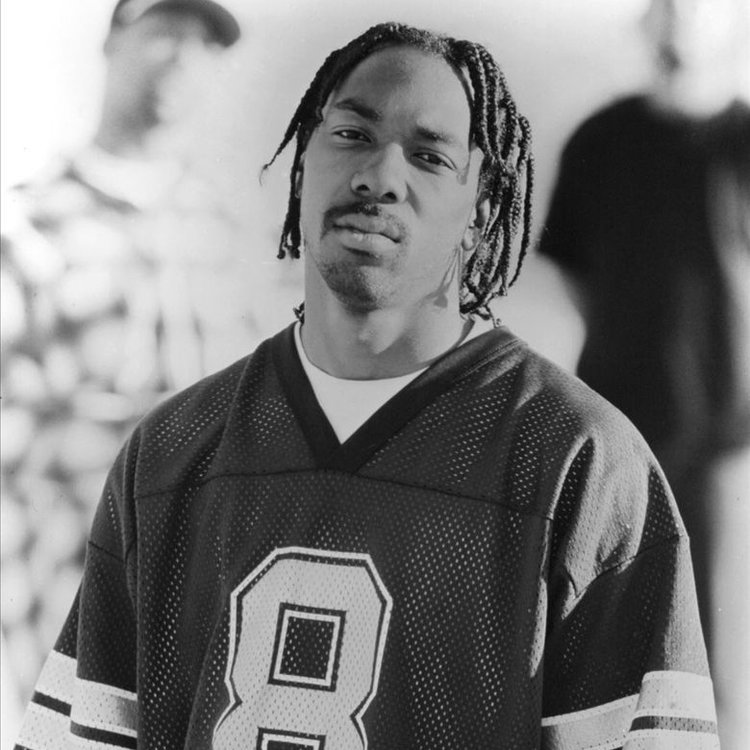

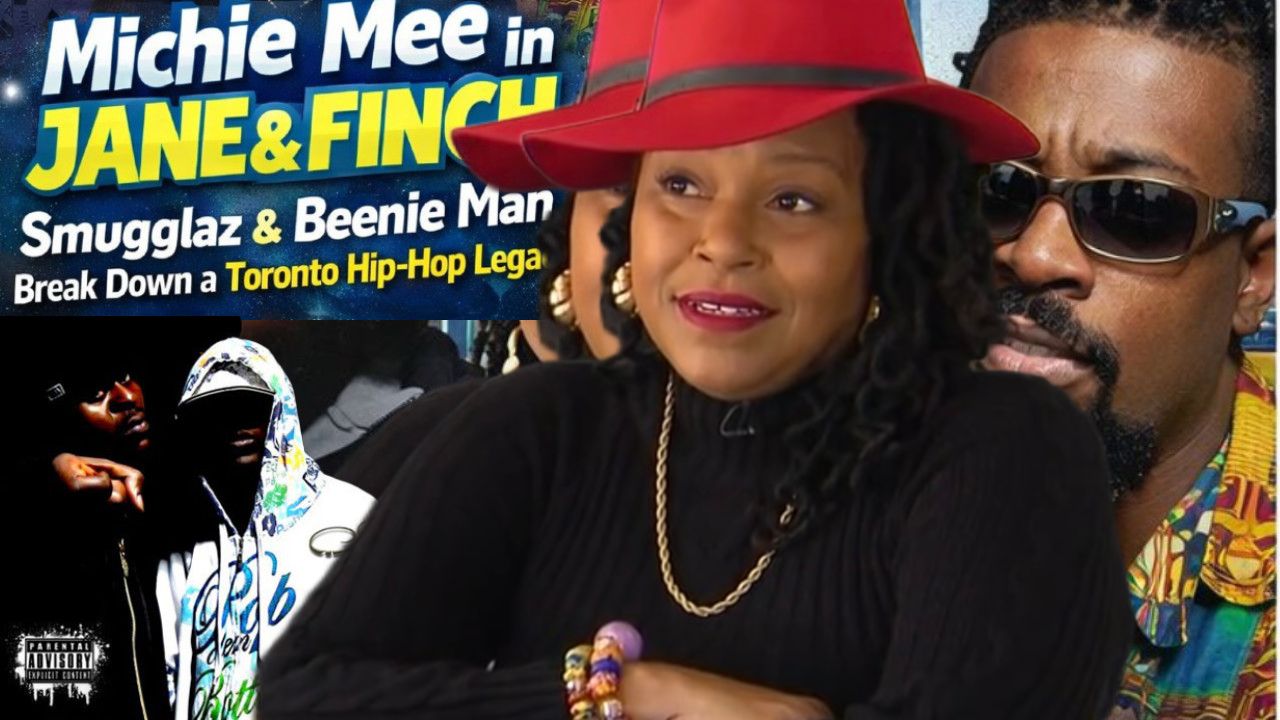
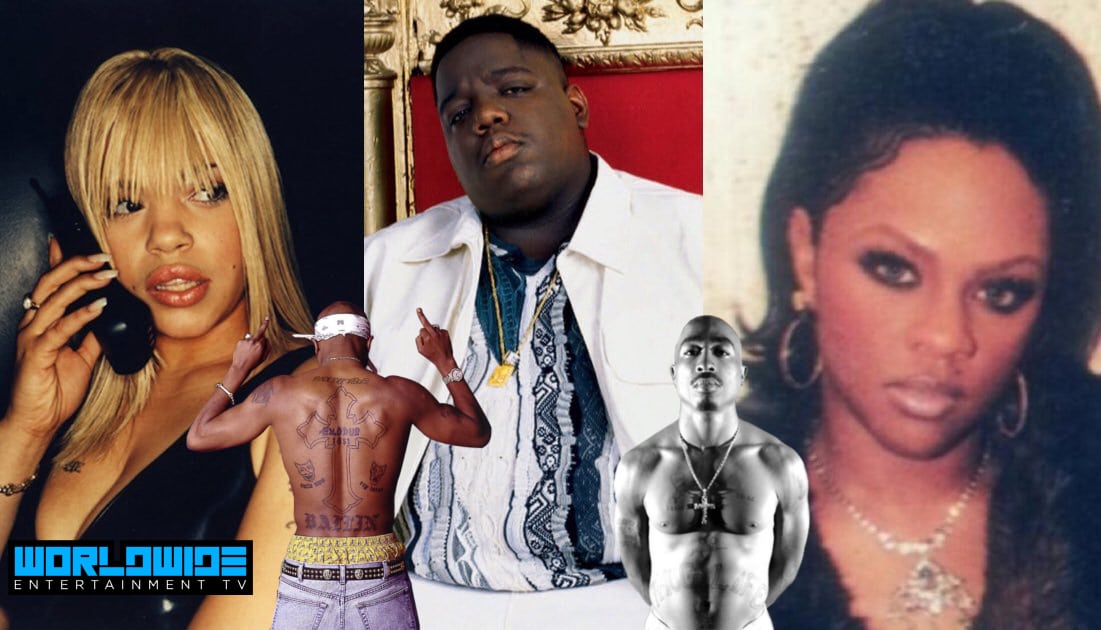
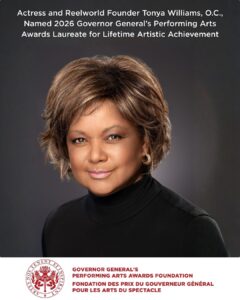
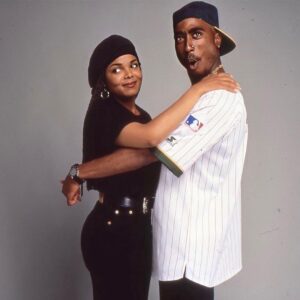
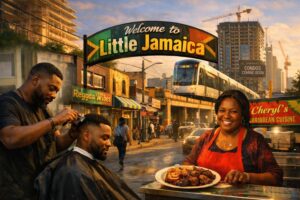
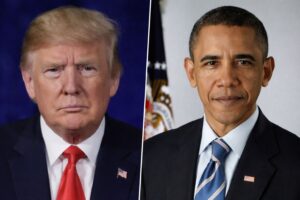
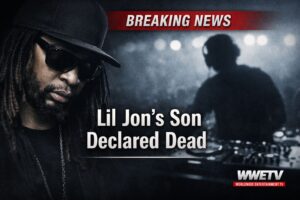



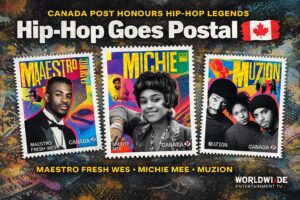
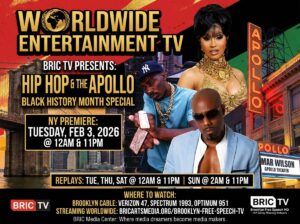
Post Comment